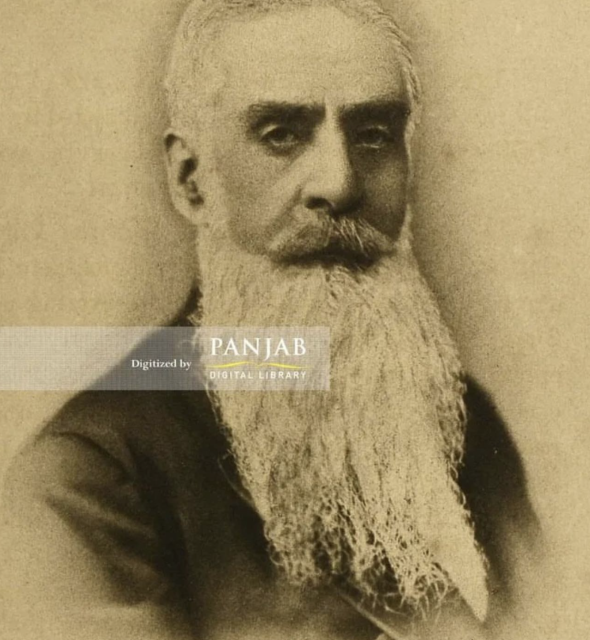BHUPAL SINGH, a son of the Gurkha general, Amar Singh Thapa, came to Lahore and took up service under Maharaja Ranjit Singh (1780-1839). He became an officer in a battalion in the Sikh army under General Ventura. In 1838, Bhupal Singh returned to Nepal and was appointed to command a check post on the Indo Nepalese border. Two years later he was selected to lead an embassy to Lahore. He left Kathmandu on 6 June 1840, but the mission returned without transacting much business owing to the death in Lahore of Kanvar Nau Nihal Singh.
BIR SINGH, BABA (1768-1844), soldier become religious preacher and saint, was born in July 1768 at the village of Gaggobua, in Amritsar district of the Punjab, the son of Seva Singh and Dharam Kaur. After the death of his father in one of the campaigns against the Afghan rulers of Multan, Bir Singh joined the Sikh army. He participated in Maharaja Ranjit Singh *s campaigns for the capture of Kashmir and Peshawar. After several years of active service, he secured his dismissal from the army as he came under the influence of Baba Bhag Singh, a Sikh saint belonging to Kuri, in Rawalpindi district.
BUDDH SINGH MAN (d. 1856), son of Mana Singh, entered the service of Maharaja Ranjit Singh in 1816 as a khidmatgar (attendant). He rose to the command of 30 horse, and was given a.jagir worth 17,000 rupees. Later, he was promoted a colonel in General Court`s brigade. According to British records, he commanded four regiments of infantry, one regiment of cavalry, and two troops of artillery. He remained on active duty during Maharaja Sher Singh`s reign, but because of his relationship with Atar Singh Sandhanvalia, a confirmed opponent of the Maharaja, he was reduced in rank.

CORTLANDT. HENRY CHARLES VAN (1814-1888), son of Colonel Henry Clinton Van Cortlandt of the British army, by an Indian wife, was born at Meerut in 1814, and was educated in England. In 1832, he returned to India and joined Maharaja Ranjit Singh`s army on a monthly salary of Rs 250, subsequently raised to Rs 800, with a monthly stipend of Rs 800 for his wife. Cortlandt participated in various campaigns including the battle of Jamrud in which the famous general, Hari Singh Nalva, was killed.





